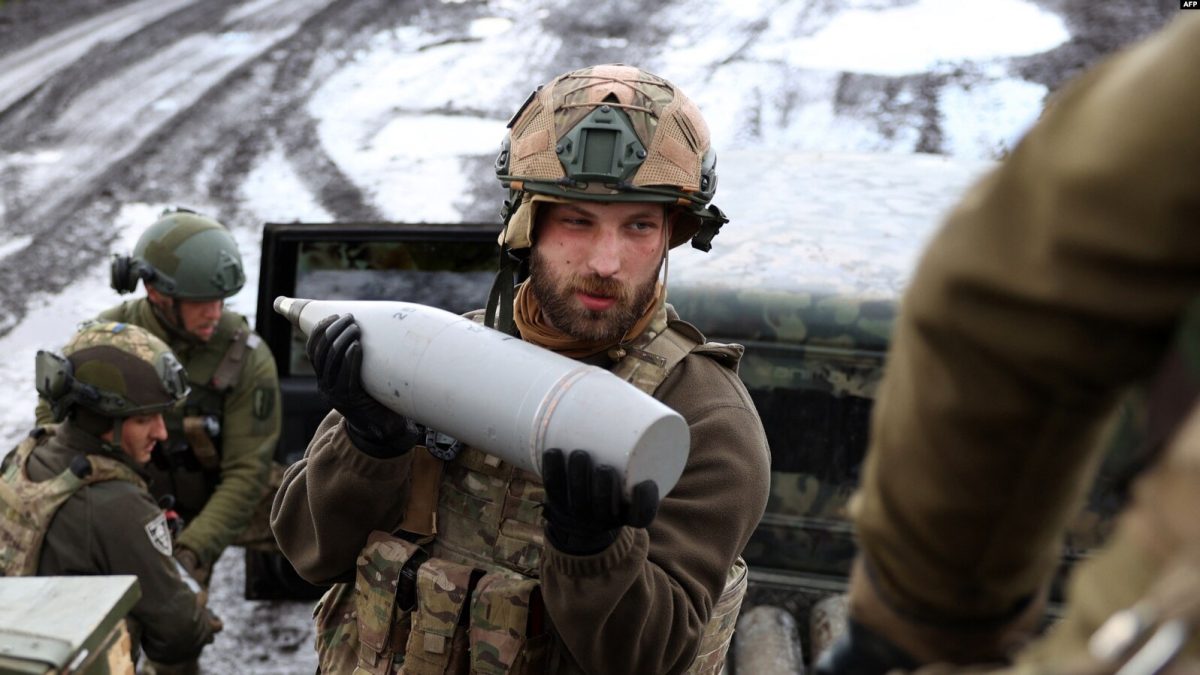Western allies, including the 27 members of the European Union, must immediately give Ukraine the permission to use donated weapons to strike deep into Russia and keep up the momentum of the Kursk incursion, Kuleba said on Thursday as he joined a meeting of his EU counterparts in Brussels.
“What we want to avoid is the situation when the public message is that no one, in principle, is against deep strikes in Russia, but no real action is made to allow it,” Kuleba told reporters upon arrival.
“What really matters is the timing. And this is the issue today.”
The ground operation in the Kursk Oblast of southern Russia has been described as a major event in the Ukraine war. It marks the first time since World War II that Russian territory has been occupied by foreign forces.
The Kremlin has reacted furiously and launched a barrage of drones and missiles against Ukrainian cities, killing dozens of civilians and destroying critical infrastructure. The devastation has compounded long-simmering fears in Brussels that Moscow wants to unleash a humanitarian crisis in winter and trigger a new refugee wave across Europe.
Speaking of the need to protect “our cities” and “our children,” Kuleba said the donated weapons could be deployed to attack “legitimate military targets” in Russia, such as the airfields used by the Russian army to fire projectiles towards Ukraine.
“If we are allowed to strike, we will significantly decrease the capacity of Russia to inflict damage on our critical infrastructure. And we will improve the situation for our forces on the ground,” Kuleba continued, adding,”So those who may try to blame Ukraine for not being successful enough should always remember that the success of Russia depends on one thing: on the preparedness of partners to make bold decisions.”
“If decisions are taken, Ukraine is successful on the ground. If they are not taken, then do not complain (about) Ukraine, complain (about) yourself.”
The issue of lifting restrictions on weaponry has been on the EU’s table for months, having been raised by President Volodymyr Zelensky in May during his visit to Brussels. The request has been granted by some member states, like the Netherlands, Sweden, Denmark, Finland, Poland and the Baltics, but the consensus is not universal.
Italy has denied the green light while Germany has refused to provide the Taurus cruise missiles, with a reach of up to 500 kilometres, that Kyiv is lobbying for.
Standing by Kuleba’s side, Josep Borrell, the EU’s foreign policy chief, gave his full backing and stated the restrictions placed on Western-supplied weapons should be lifted in accordance with international law to enable the right to self-defence.
“It’s clear that Russia wants to destroy completely the electricity system of Ukraine in order to put Ukraine into the dark and cold for the next winter,” Borrell said in Brussels on Thursday.
“Russia wants to bomb a European country into full capitulation.”
The matter, however, lies primarily in Washington DC, where the Joe Biden administration maintains limits on long-range ballistic missiles fearing an escalation of the conflict. The United Kingdom, another key donor, is also reluctant, pending America’s approval.
“We have a very open conversation with the United Kingdom, with the United States asking them not to waste the momentum that our soldiers and civilians paid for with their blood and sacrifice,” Kuleba added.
“Long-term security for Europe starts with short-term, bold decisions for Ukraine.”
During the meeting of foreign ministers, the Ukrainian envoy will also raise the gap between the announcement of military supplies and the “actual delivery” of that assistance. The delays, he said, are “excessively long” and hinder war planning.
“That bothers us a lot,” Kuleba stressed.
The EU institutions and member states have pledged €39 billion in military support for Ukraine since the start of the invasion, but it’s unclear how much of this figure has arrived in the war-torn country. Last month, Brussels directly transferred €1.5 billion to Kyiv through a novel scheme based on Russia’s immobilised assets.
“It’s very easy to promise it’s a little bit more difficult to deliver,” Borrell conceded.
